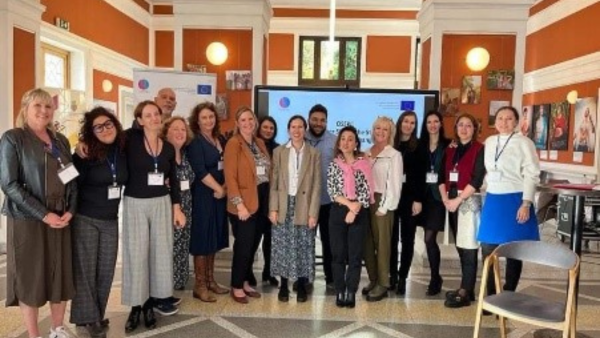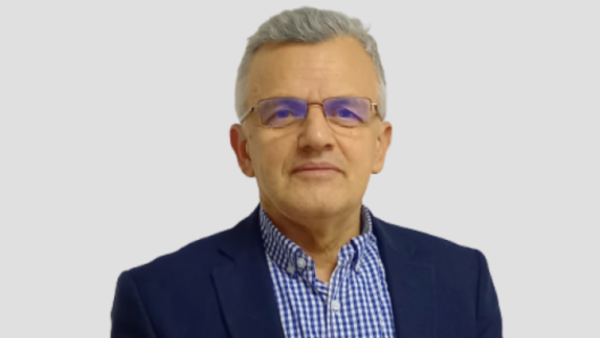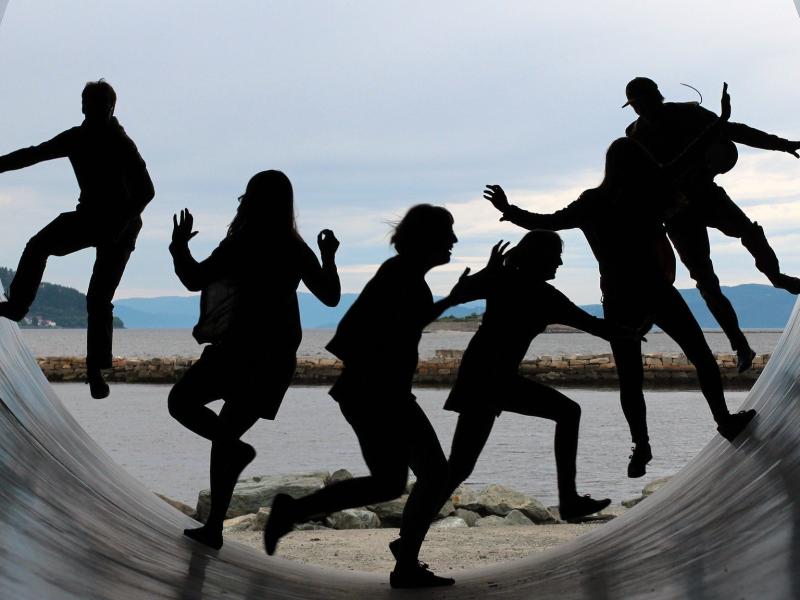Cluj-Napoca City Council is the legislative body of the City of Cluj-Napoca in Romania. The Directorate for Social and Health Services aims to support social and health providers so that they can provide quality services to the citizens of Cluj-Napoca, which is currently the country's largest-second city and has a multi-ethnic and multi-confessional population.
Areas of Intervention
- Children and young people
- Children at risk of social exclusion
- Homeless
- Older people
- People with addiction
- People with physical disabilities
- People with mental disabilities
- Mental health
- Public Health
- Social justice
- People who are socially vulnerable
- People in situations of difficulty or precarity
- Victims of domestic abuse
- Gender equality
- Counteracting and supporting victims of gender-based violence
- Migrants
- Social Integration
- Beneficiaries of minimum income
- Poverty
- Recipients of care
Responsibilities/ Services
- Providing social services
- Promotion of systemic change
- Role of the social worker
- Integration of technological tools
- Issuing of guidelines and policies for the district’s councils
- Capacity building and training
- Professional training
- Training of social welfare workforce
- Management day centres for older people
- Home care services for older and dependent people
- Socio-educational services for children at risk of social exclusion
- Child protection
- Programs for the prevention of addictions in young people
- Financial support
- fostering cooperation with non-governmental organisations and the promotion of social volunteering.
- Research/ identifying and monitoring of social problems
Website
Logo
Obraz

Member news
Ending violence against women through perpetrator programmes
Promoting social inclusion for young people leaving care





